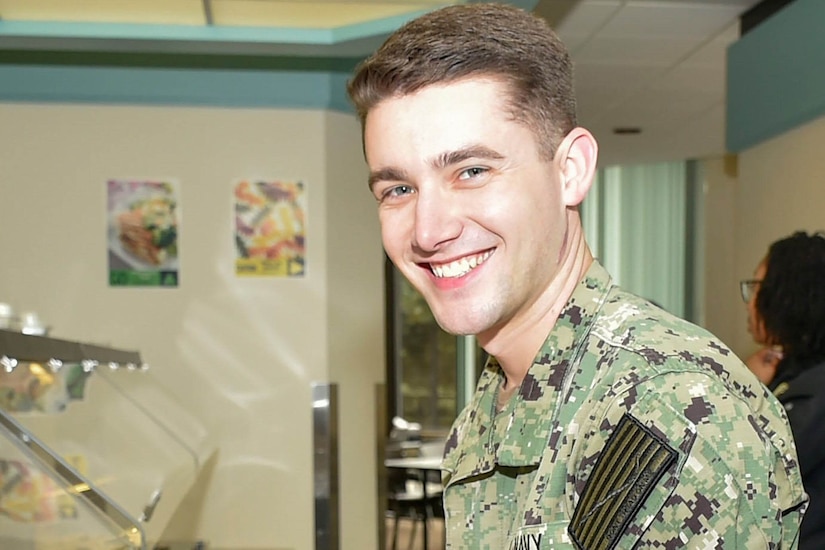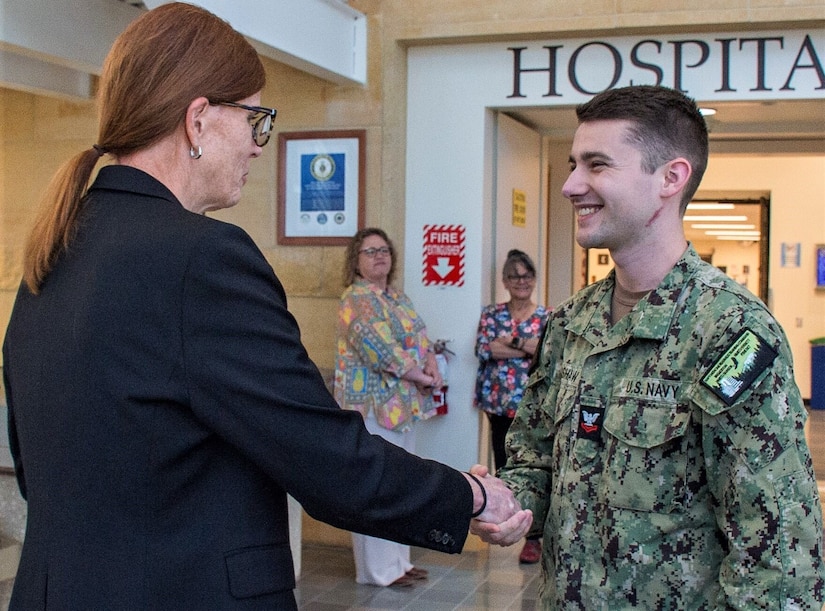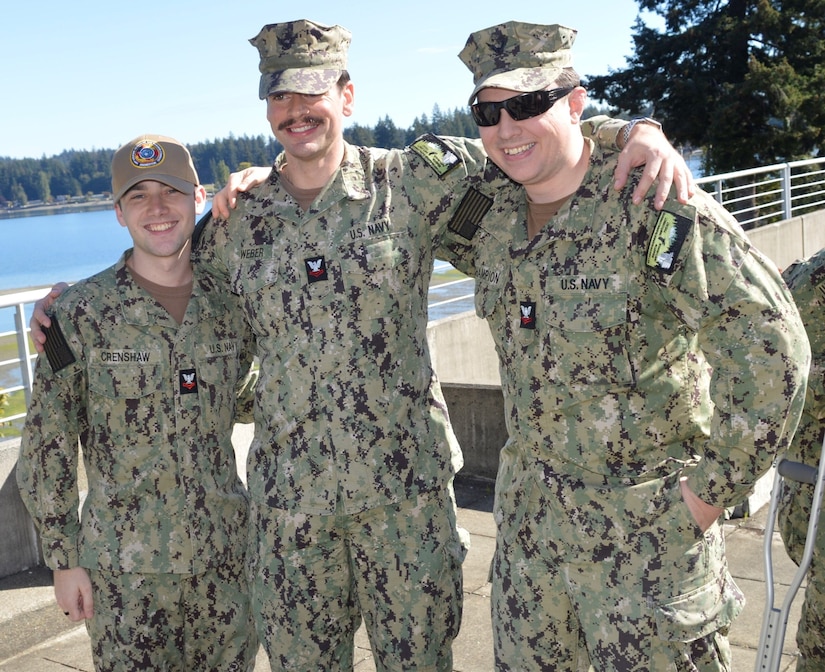Restoring the Warrior Ethos Through Mental Health Support
The Defense Department’s commitment to restoring the warrior ethos across the military includes prioritizing service members’ mental health. Ensuring that men and women in uniform maintain good mental health is crucial for keeping warfighters ready and focused on their missions. Navy Petty Officer 2nd Class Cade Crenshaw, a hospital corpsman and behavioral health technician at Naval Hospital Bremerton in Washington, is on the front lines of this effort.

Crenshaw, who became a behavioral health technician after discovering the field at Hospital Corps “A” School in San Antonio, is now the leading petty officer for the mental health department and Substance Abuse Rehabilitation Program. He’s working toward his bachelor’s degree in psychology and plans to commission as an officer to continue serving in this capacity.
“I love being able to help people,” Crenshaw said. “For me, to be able to see the change that I’m able to help people achieve, it means the world.”
Crenshaw’s role involves working directly with patients, a responsibility typically reserved for licensed professionals. Under the supervision of providers, he conducts one-on-one sessions with service members struggling with various mental health challenges.

The behavioral health field is growing within the Navy, with increasing demand for technicians like Crenshaw. The Navy is working to eliminate the stigma associated with seeking mental health support, particularly among younger generations who are more open to discussing their struggles.
“We’re continuing to get it out there that mental health isn’t this taboo subject — that it’s OK to say that you’re not OK,” Crenshaw explained.
One of the unique aspects of Bremerton’s mental health program is its use of technician-led groups. These groups, supervised by licensed professionals, provide therapy in a classroom setting, allowing participants to engage at their comfort level.

The program has shown success in helping service members return to full duty. Crenshaw shared an example of a service member who, after 10-12 sessions, was able to overcome high anxiety and continue their career.
For those looking to support peers who may be struggling, Crenshaw offers simple yet valuable advice: “Just have a conversation. Talk to your friends, be there for them, check up on them, and just be available.”
By providing critical mental health support, Navy behavioral health technicians like Crenshaw play a vital role in maintaining the readiness and well-being of service members across the fleet.

